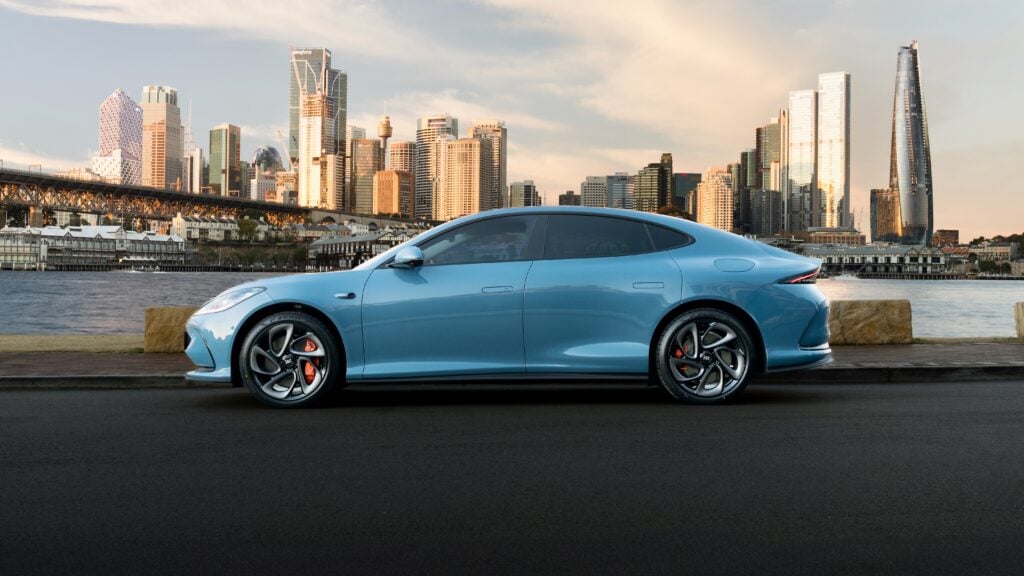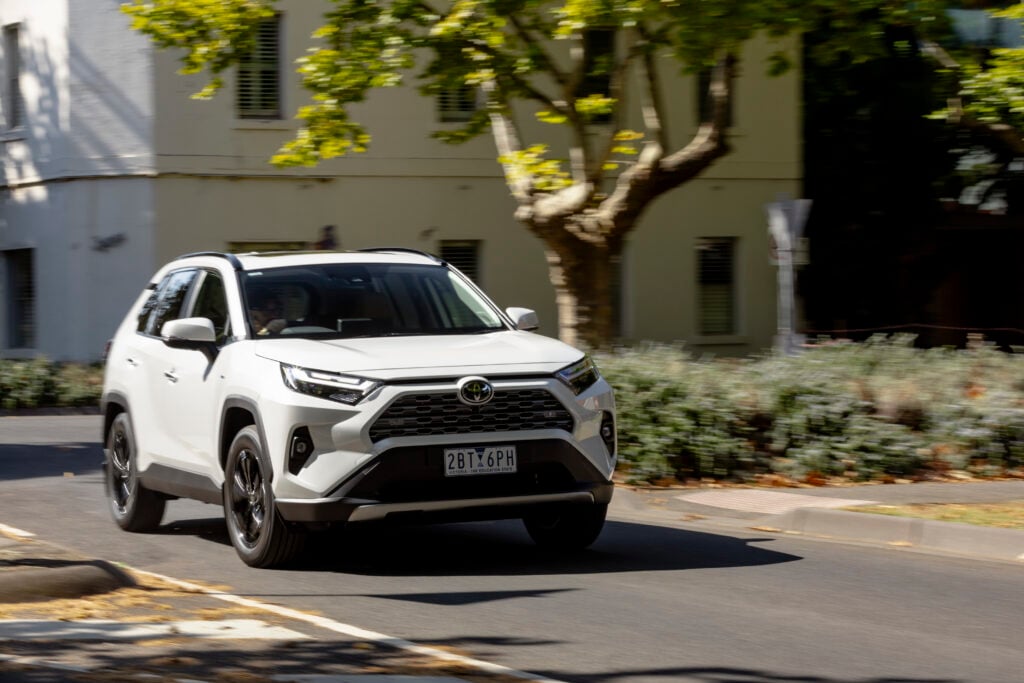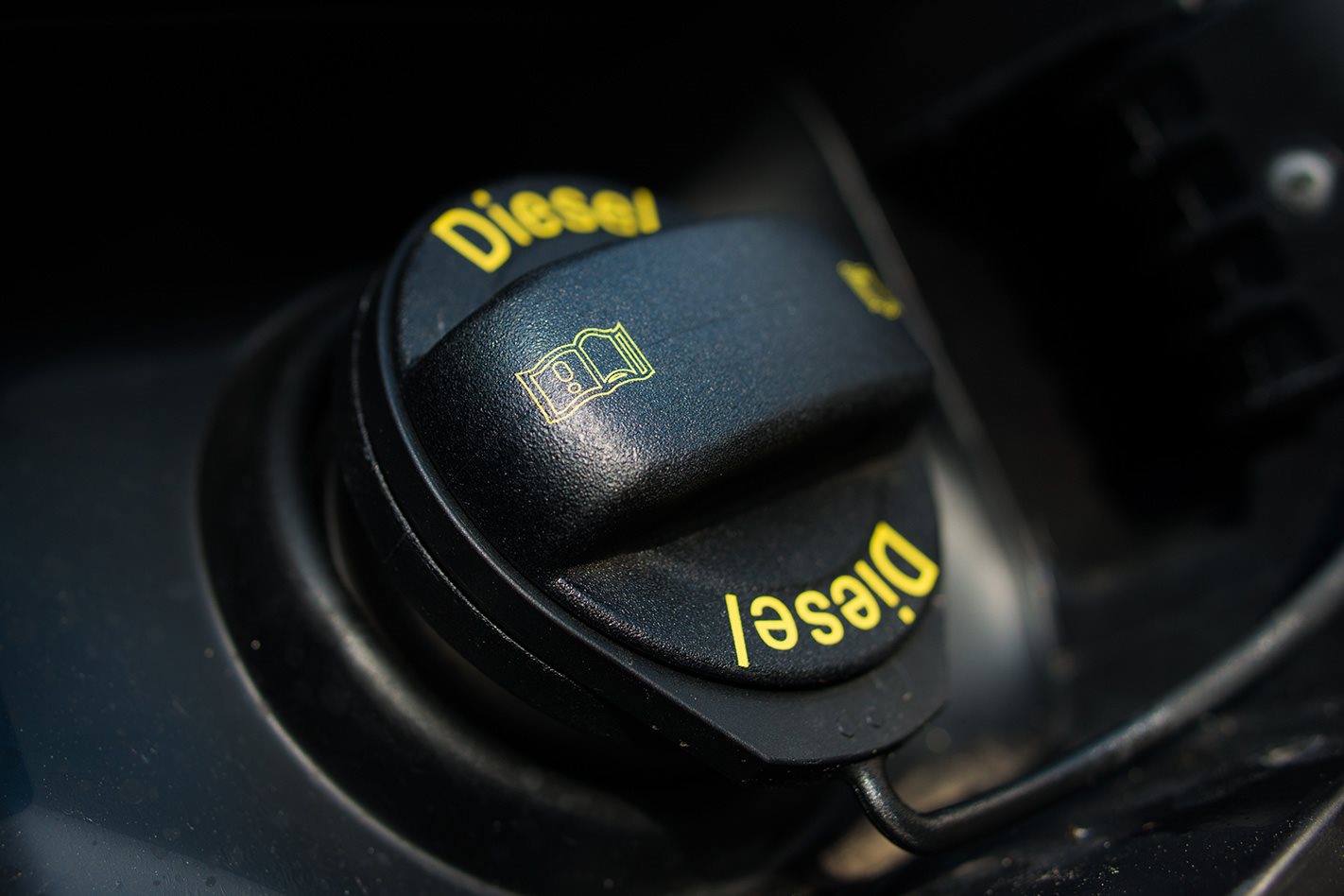
Sales of private (as opposed to fleet) diesel passenger cars have been slipping for nearly four years. The last time private diesel passenger car sales registered positive monthly growth was September 2012, when registrations jumped 10.8 percent against the previous year. Since then, diesel passenger car volumes have endured a long southward slide.
And we’re not talking a small reduction either. Two years ago, Australians bought 1031 diesel passenger cars in July. Last month, just 530 diesel passenger models found new homes in Aussie driveways. That’s a nearly 50 percent drop over the past 24 months.
What some may find surprising is that while the Volkswagen emissions cheating saga that’s been headline news since September 2015 certainly hasn’t cast diesel engines in the best light, Australian enthusiasm for diesel Golfs, i30s and Mazda6s has been waning for much longer.
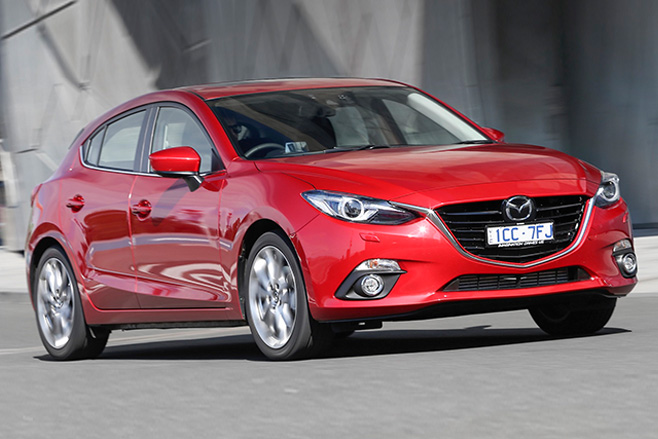
Mazda phased out its diesel-powered Mazda3 XD Astina in June due to slow sales (its huge $43,000 retail price certainly didn’t help its cause) and the Ford Focus lost its diesel variants in July when Ford’s local operation rationalised the engine range to just a single 1.5 litre turbo petrol four-pot.
Those were recent reactions to the steady reduction in diesel market share. Looking further back, Volkswagen dropped the Polo 66TDI from its light car range in 2014 and the Ford Fiesta diesel was binned in 2013. After flirting with offering Euro-style diesel mini hatches, the auto industry eventually cottoned on to the fact that Australia simply didn’t care about them.
Volkswagen also slashed the number of diesel models in its Volkswagen Golf range. Whereas previously the German automaker had three different diesel powertrains on offer in its volume-selling hatchback – the 77TDI, 103TDI and performance-oriented GTD – the present-day range includes just one diesel – the 110TDI Highline. Not a huge surprise, then, that diesels comprise just 7 percent of the Golf hatch and wagon’s year-to-date sales tally.
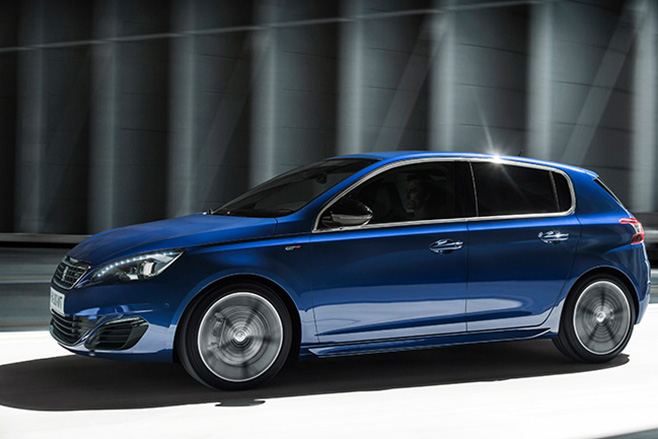
Peugeot, another manufacturer with a significant history with diesel power, has also experienced cooling demand for diesels – though some of that is attributed to the greater availability of petrol models – especially the arrival of automatic variants for the entry-level 208 and 308 hatch ranges.
Right now, 75.7 percent of Peugeot’s passenger car sales are for petrol models. In 2009, over 58 percent of Peugeots sold in Australia were diesel.
Curiously the Volkswagen Passat has a diesel sales split of 45 percent despite the sole diesel offering in the range being the 140TDI Highline – the most expensive Passat on offer at $45,990 for the sedan and $47,990 for the wagon.
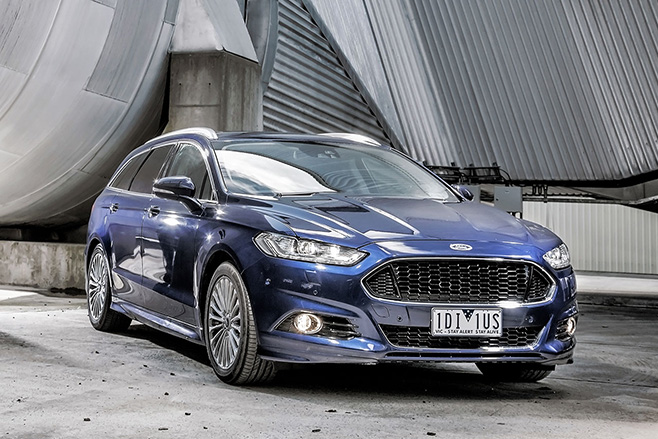
It’s a similar tale at Ford. The Mondeo diesel enjoys a whopping 77 percent share of overall sales, though a significant number of those are accounted for by efficiency-sensitive government and commercial fleets. Ford wasn’t able to give us a fleet/private breakdown for the Mondeo’s sales figures.
Conversely, the Mazda6 – which has virtually no fleet sales – currently only has a 10 percent uptake on its 2.2 litre diesel engine option. Two years ago that number was 20 percent. It seems midsize cars, like medium SUVs, are where consumers believe diesel power starts to make sense – but it’s still a minor share once you subtract fleet sales from the mix.
So what’s happening here?
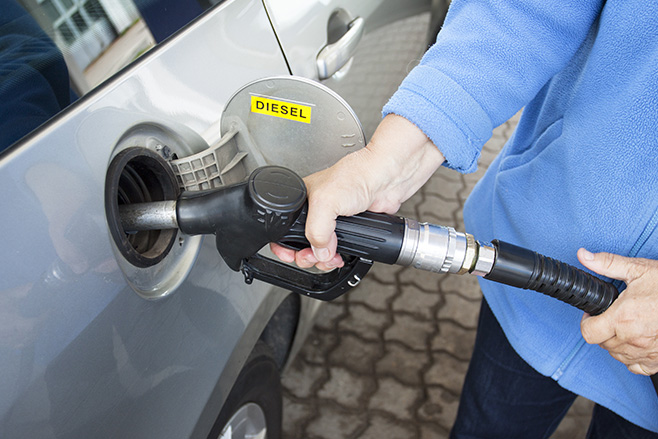
The price of fuel plays a huge part. After experiencing peaks approaching $1.60 per litre in early 2014, the cost of a litre of unleaded petrol has sunk to as low as a dollar per litre this year. Diesel has also come down off historic high prices, but is still more expensive per litre than petrol.
Diesel has greater energy density than unleaded petrol allowing a diesel-engined car to travel further on the same volume of fuel (which helps compensate for its extra cost).
However with diesel car ownership being accompanied by sticky fuel bowsers, noisy idling, added vibration and higher purchase cost compared to identically-equipped petrol models, it’s no surprise that consumers and manufacturers alike are shying away from oil-burning passenger cars.

